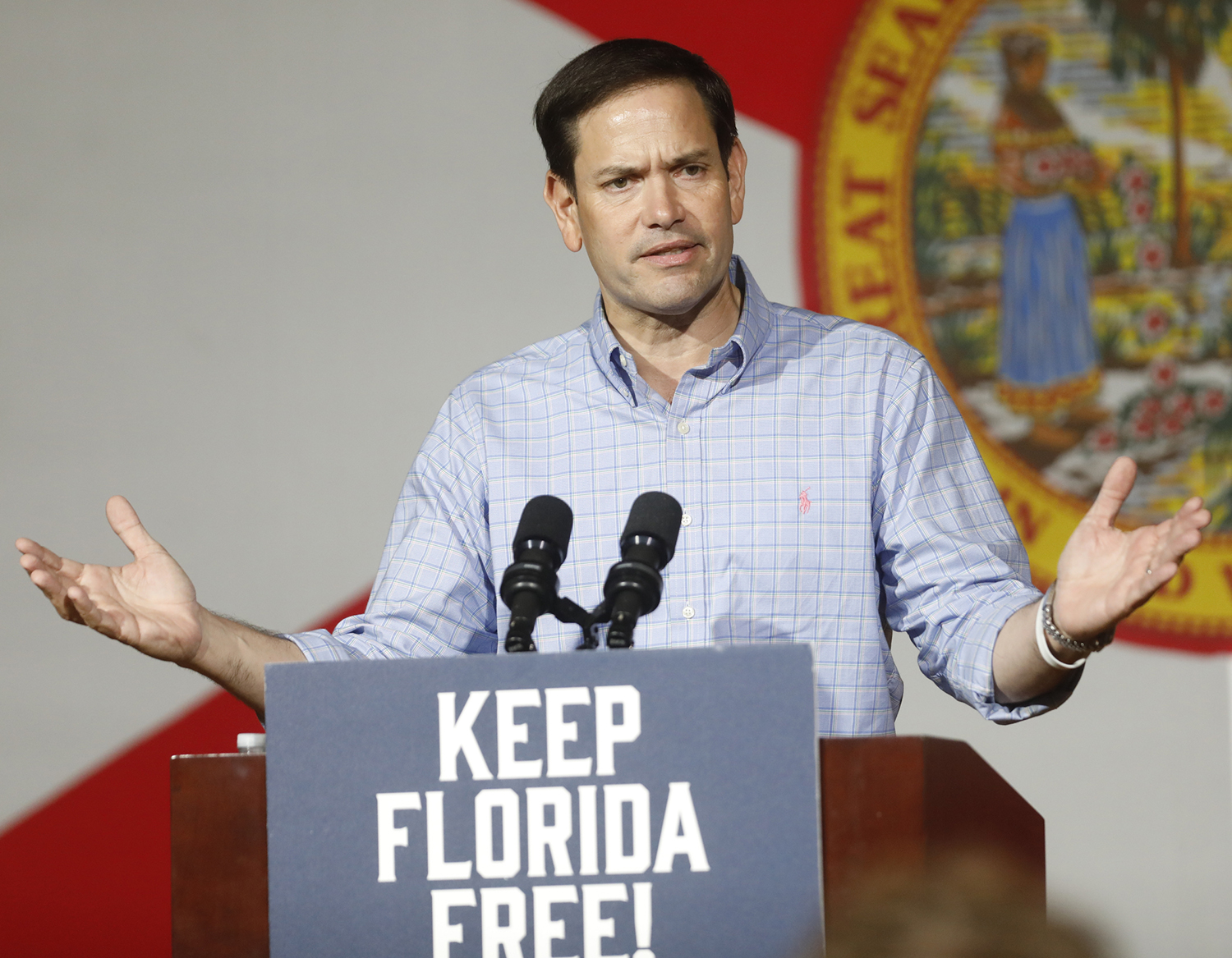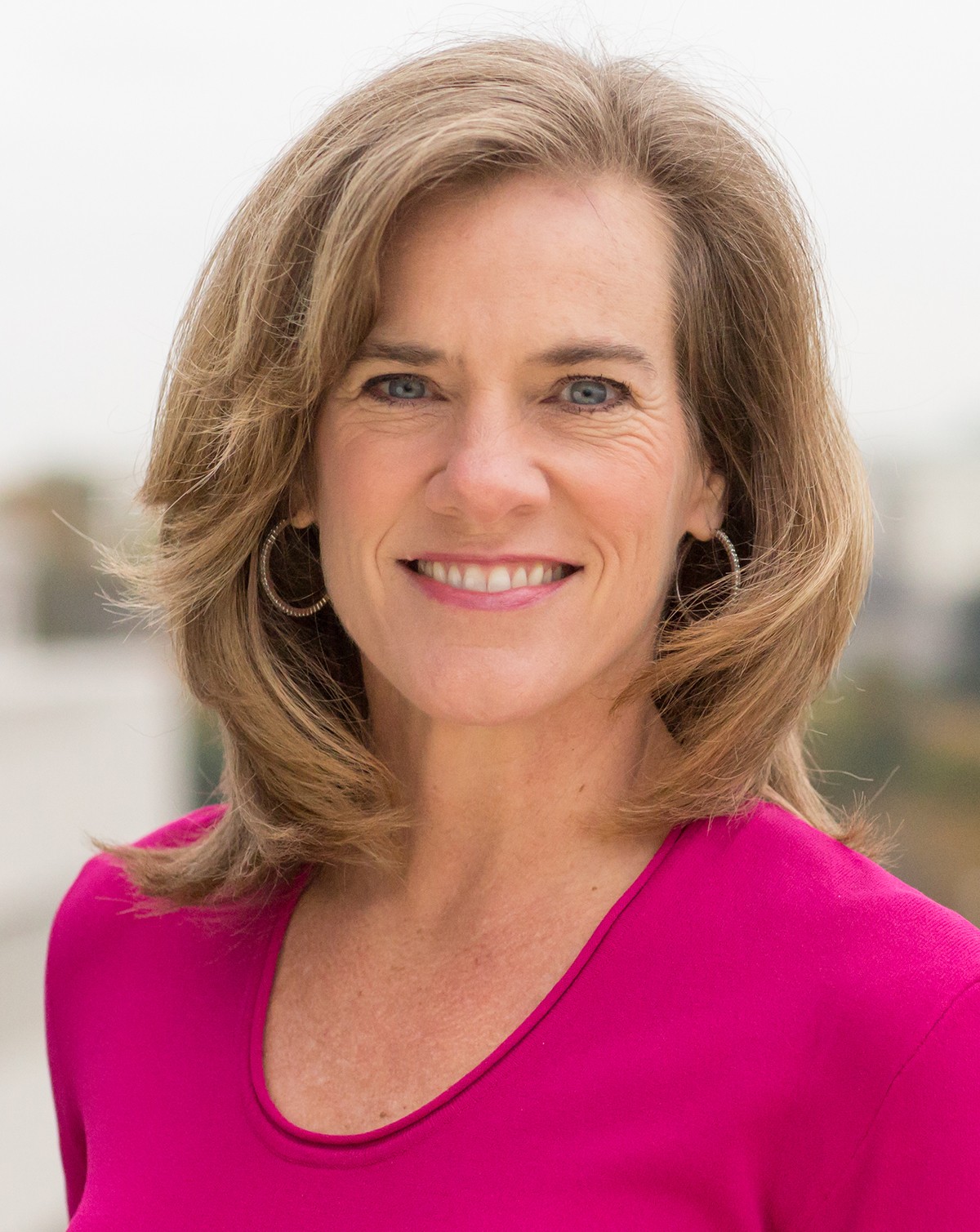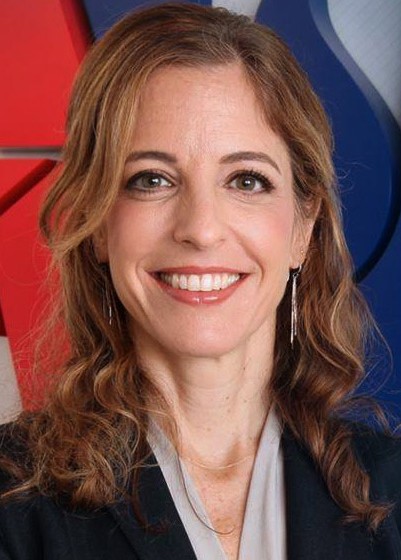Traditional religious liberty advocates applauded a move by the Biden administration to undo rules created by the Trump administration that allowed faith-based organizations receiving federal fundings to discriminate against clients.
Due to the complex nature of changing federal policies — even when not enacted by Congress — it has taken the Biden administration two years to propose a reversal of this controversial Trump-era policy that was sought by his conservative evangelical base.
The Trump policy, enacted in 2020, eliminated a federal rule requiring faith-based groups to tell clients about their religious character and to refer clients to a different program upon request. It also eliminated a rule telling religious groups to give clients written notice about their rights, including that they can’t be forced to participate in religious activities.
Now, the same nine federal agencies that were affected by the Trump policy have joined to propose a return to the way things used to be by restoring religious liberty protections for beneficiaries of federally funded social services, such as job training and job search assistance, academic enrichment opportunities, and housing services.
The policy affects the departments of Health and Human Services, Agriculture, Education, Homeland Security, Housing and Urban Development, Justice, Labor, and Veterans Affairs and the United States Agency for International Development.
The Biden administration rule would:
- Require federal grantees that administer social service programs within the United States to notify beneficiaries of their right to be free from discrimination on the basis of religion.
- Make clear that all covered social service programs — both those supported by vouchers and by grants — may not discriminate against beneficiaries on the basis of their religion.
- Encourage governmental agencies that fund domestic programs to help beneficiaries identify alternative federally funded service providers in their area, including providers that are more compatible with their beliefs, when beneficiaries request such alternatives.
Faith-based groups still would be able to compete for federal grants but would have to agree to the non-discrimination policies once again.
The announcement begins a 60-day public comment period required by federal law.

U.S. Sen. Marco Rubio (Photo by Octavio Jones/Getty Images)
Sen. Marco Rubio, R-Fla., a possible contender for the GOP presidential nomination in 2024, criticized Biden’s proposed policy and warned it would “empower agencies to impose new restrictions on faith-based charities with federal partnerships,” even though the policy is not new.
“Those limitations could force faith-based organizations to violate their faith if they want to continue serving their communities in partnership with the federal government,” according to a news release from his office.
“Instead of targeting and punishing people living out their faith through service to others, we should be making it easier for churches and other faith-based organizations to help lift up Americans in need” Rubio said.
Rubio’s view is not shared by church-state separation groups, including Baptist Joint Committee for Religious Liberty and Americans United for Separation of Church and State.

Holly Hollman
“The Biden administration’s proposed rule is an important return to religious liberty principles that protect all Americans,” said Holly Hollman, general counsel and associate executive director of BJC. “Restoring the focus on beneficiaries is welcome news for religious freedom advocates and those who depend on social services. Federal agencies have a responsibility to ensure that Americans who qualify for taxpayer-funded social services will not be coerced into participating in religious activities.
“Americans who need to access food banks, homeless shelters, elder care facilities or a range of other services should never have to meet some religious requirement to get the help they need,” she added. “Americans of all religious traditions and nonreligious Americans will be freer to access taxpayer-funded services under these proposed regulations.”
The Trump administration, Hollman said, “wrongly prioritized providers who may want to infuse religion in a government program over intended beneficiaries. We are glad to see those rules rescinded.”

Rachel Laser
Rachel Laser, president of Americans United, said she applauds the Biden administration “for restoring religious freedom protections for the millions of often vulnerable and marginalized people who use government-funded social services. Religious freedom is a foundational American principle. No one should have to give up their religious freedom in order to get critical services. No one should ever be pressured to participate in religious activities or be required to meet a religious litmus test in exchange for the help they need.
“These proposed regulations are an important step toward protecting religious freedom for all. When the government funds vital services, it must ensure these programs are open to people of all faiths and the nonreligious and that religion is not being misused to deny people services or their civil rights.”


